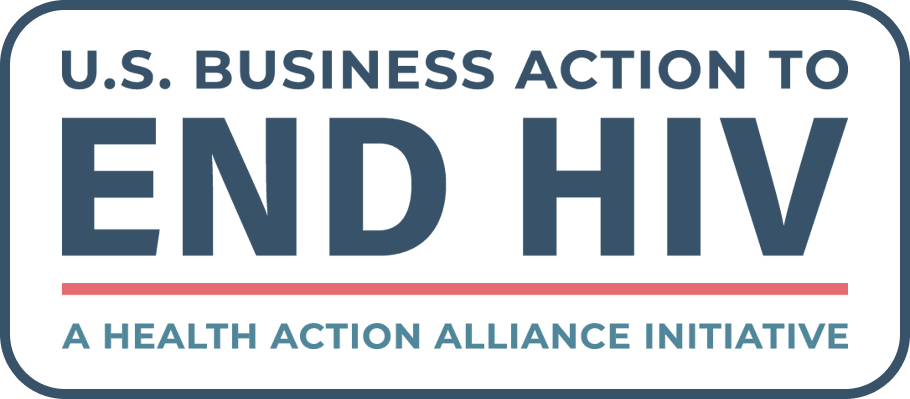Consent for STI Treatment via Telemedicine
Indication for Use
You are requesting treatment for a suspected or confirmed sexually transmitted infection (STI) through telemedicine. The recommended medications are antibiotics that treat bacterial STIs such as chlamydia, gonorrhea, trichomoniasis, and others. These medications work by killing or stopping the growth of bacteria or parasites that cause infection.
Potential Benefits
- Relief from infection-related symptoms such as pain, discharge, or burning with urination
- Prevention of complications such as pelvic inflammatory disease, infertility, or epididymitis
- Reduced risk of transmitting infection to sexual partners
- Support for public health through appropriate testing, treatment, and partner notification
Potential Side Effects
While antibiotics are generally safe and effective, they may cause side effects. In rare cases, these can be serious and require medical attention.
Common Side Effects:
- Upset stomach, nausea, vomiting
- Diarrhea
- Headache
- Vaginal or oral yeast infections
Serious Side Effects (less common):
- Severe allergic reaction (rash, swelling of face or throat, difficulty breathing)
- Severe diarrhea (possible C. difficile infection)
- Tendon pain/swelling (with some antibiotics)
- Irregular heartbeat (with some antibiotics)
Risks and Considerations
- Allergies: Inform your clinician if you have ever had a reaction to antibiotics (penicillins, cephalosporins, tetracyclines, macrolides, metronidazole, or fluoroquinolones).
- Pregnancy and Breastfeeding: Some antibiotics are not safe in pregnancy or while breastfeeding. Please let your provider know if you are pregnant, breastfeeding, or might be pregnant.
- Drug Interactions: Certain antibiotics may interact with other medications (e.g., warfarin, seizure medications, heart rhythm medications). List all medications and supplements you take.
- Incomplete Treatment: Not finishing antibiotics as prescribed increases the risk of recurrence and antibiotic resistance.
- Partner Treatment: Some infections require partner treatment (expedited partner therapy, where legally allowed). Your provider may recommend this to prevent reinfection.
Monitoring and Follow-up
- If you are treated for chlamydia, gonorrhea, or trichomonas, you will need to be retested about 3 months after treatment, even if symptoms improve.
- Some infections (like syphilis or HIV) require blood tests and ongoing follow-up.
- If you develop worsening symptoms (high fever, severe pain, vomiting, or feeling very ill), you must seek in-person urgent care.
Patient Education: Reducing STI Risk
- Use condoms or dental dams consistently and correctly.
- Get regular STI testing, especially when you have new or multiple partners.
- Limit the number of sexual partners and know your partner’s STI status when possible.
- Do not share needles or injection equipment.
- If you test positive, notify recent partners so they can also be treated.
- Abstain from sexual activity until you and your partner(s) have completed treatment and symptoms have resolved.
Public Health Reporting
Certain STIs (such as chlamydia, gonorrhea, syphilis, HIV, and others) are reportable conditions. This means your diagnosis will be reported to the local health department as required by law. You may be contacted by the health department for partner notification and follow-up. This process is confidential and designed to protect your health and the health of others.
Acknowledgment of Consent
I acknowledge that I have read and understand the potential benefits, risks, side effects, and limitations of antibiotic treatment for STIs via telemedicine. I understand the importance of completing all prescribed medications, partner treatment when recommended, and follow-up testing.






